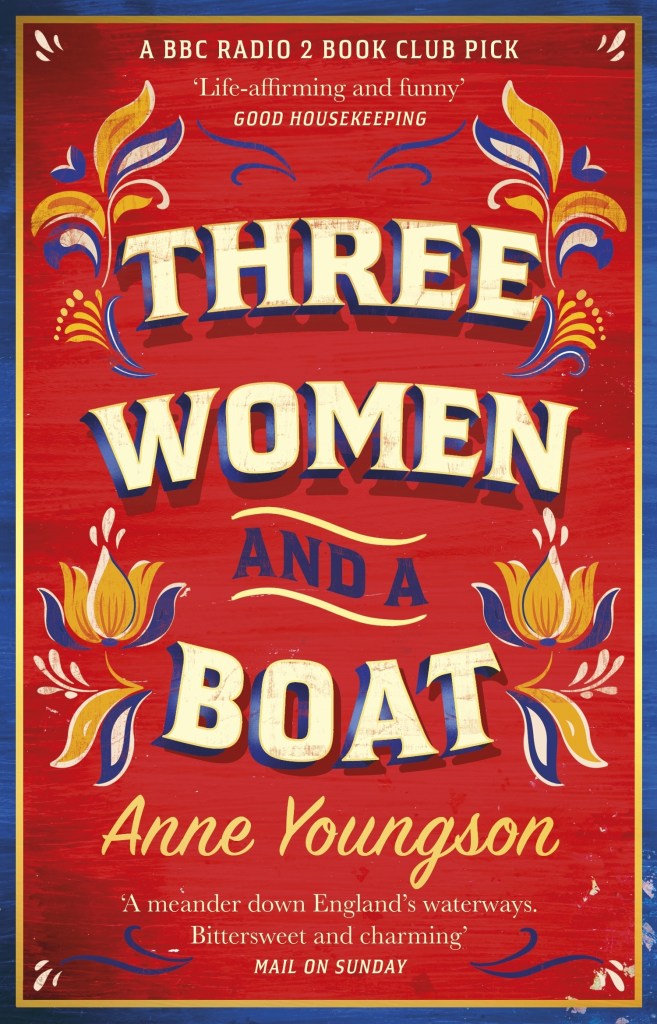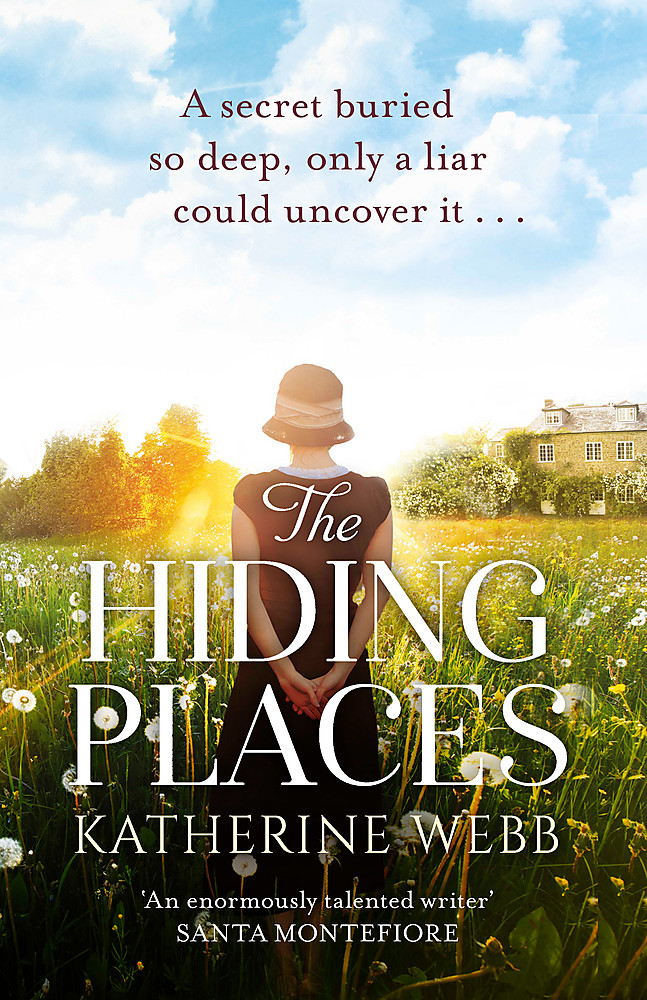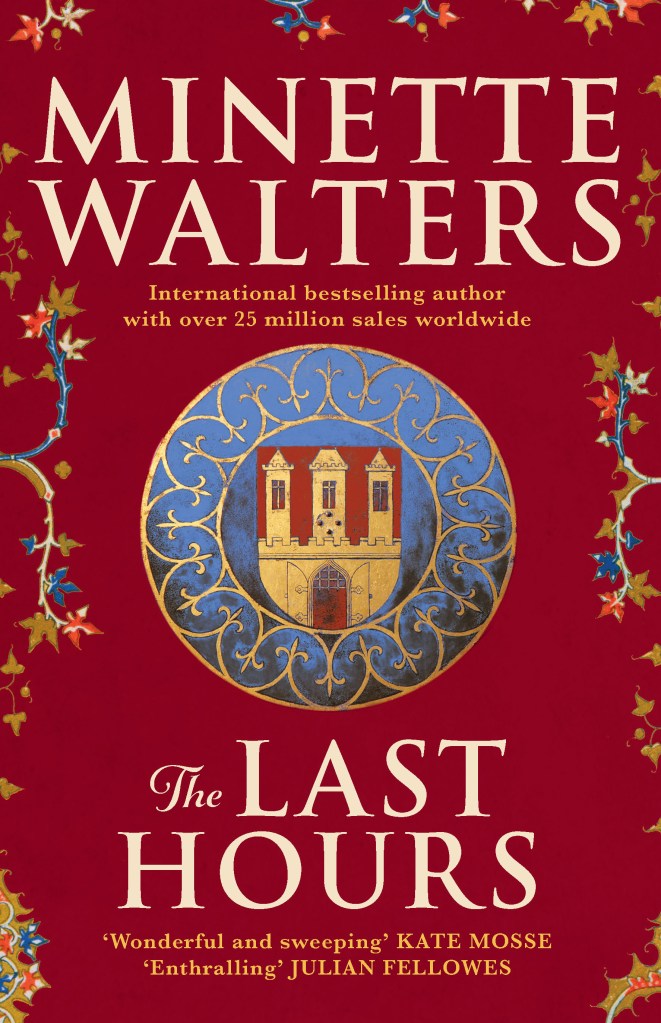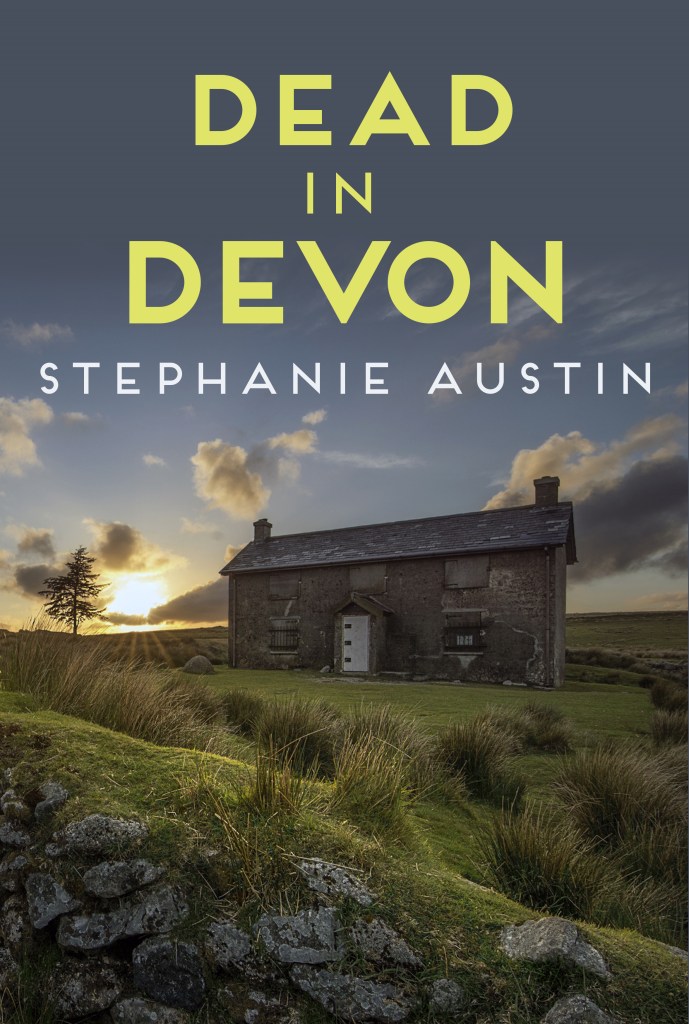
There’s something about novels set in English manor houses – the setting is almost a character in itself. In Joanna Quinn’s debut novel we have Chilcombe, the home of the Seagraves, a house that has seen better days, but still mired in the old traditions of class. Jasper Seagrave is so desperate to pass on his estate to a son, that he marries young Rosalind, who in the period following World War I has little choice in suitors. Jasper is in his forties, short and stout, with a wild young daughter, Cristabel.
We meet Cristabel, age four, scruffy and dirty, and brandishing a stick as the carriage pulls up with her new step-mother. She’s a fierce little girl who grows into a fierce young woman, as her family shifts and changes around her, bringing a new sister – Flossie, known, at first, as the Veg; and eventually a longed-for male heir, the much adored Digby. By now Chilcombe is home to an Uncle Willoughby and the scene of endless parties.
War hero Willoughby brings a string of hangers on, some of them surprisingly useful and all of them interesting characters. But it’s the three children, particularly Cristabel who are the stars of the story. Left to their own devices, the children run wild, with little parental input. Digby is the only one who goes to school, the girls partially educated by a series of French governesses. The family get introduced to a bohemian set who appear on the beach one summer – the loud and charismatic Russian painter, Taras, with his wife and two lithe models, plus a family of wild, dark-haired children.
Taras and his family have a lasting effect on the younger Seagraves. While this is largely Cristabel’s story – her desperate attempts to be her own person in a world full of constraints, I enjoyed Digby’s story and particularly Flossie’s. While the other two sign up to do their bit against Hitler, Flossie is more passive, but eventually finds out what she’s good at and what she wants from life. You really have to feel sorry for young girls with no chance at a decent education.
‘Has it occurred to you that Cristabel might be less of a galumpher if she visited London more often?’ said Perry. ‘Has she ever been there? Has she ever been anywhere? Astonishingly, it won’t be that long before she’ll be a debutante. She needs to learn how to behave. Nobody minds a spirited girl from the shires. A practical sort. But they will mind if she won’t use a fork.’
‘Surely she uses a fork.’
Willoughby laughed. ‘I’m afraid not, my dear. She’s taken to eating off her hunting knife. Like a pirate. I rather enjoy it.’
This is a kind of coming of age novel, with its three characters discovering what it is to be themselves in a world set to change. Life after the war will bare little resemblance for how it was before – particularly in the grand country houses.
Joanna Quinn describes a changing society, an England devastated by the first war, the fast set drowning its sorrows in champagne, while a younger generation is ready to break the rules and find their own paths in life. The war welcomes the skills of the three siblings, but how will any of them find fulfilment when the war is over?
I adored The Whalebone Theatre. The writing is fresh, the characters are wonderful and the plot has plenty of surprises and turns. And Quinn does her settings really well – the house on the Dorset coast; Paris under German occupation. There’s a lot to enjoy and I look forward to what Quinn comes up with next. This book gets four stars out of five from me.








